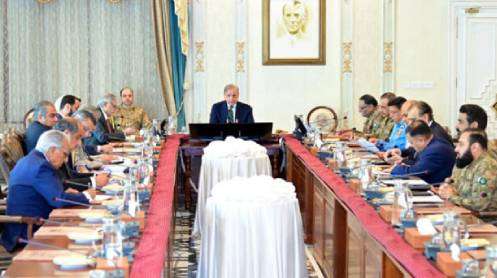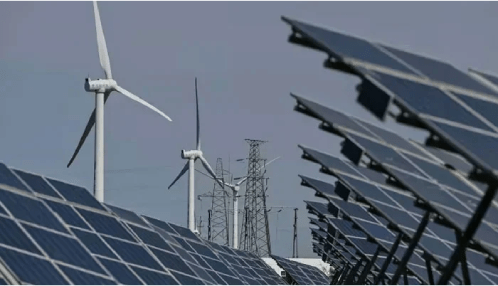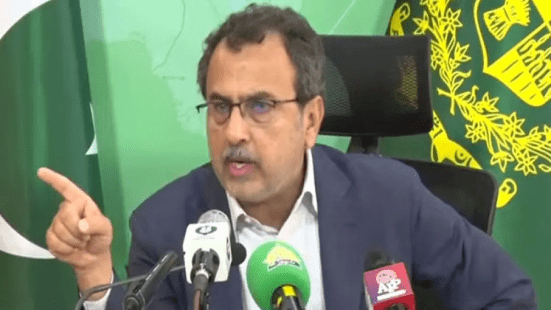Experts at the launch of the Sustainable Development Goal-7 (SDG-7) Roadmap for Pakistan stressed the need for decarbonising the energy sector by reducing emissions, increasing energy efficiency, and also the share of renewable energy possible through vigorous advocacy and awareness campaigns across the country.
The launch was jointly organised here by the UN Economic and Social Commission for Asia and the Pacific (ESCAP), Private Power and Infrastructure Board (PPIB), and Sustainable Development Policy Institute (SDPI).
Matthew Wittenstein, Section Chief, Energy Division, ESCAP, said that we are off track from managing global warming within 1.5-degree Centigrade as compared to 1990 levels which reiterates the need to cut down emissions significantly by improving energy access, energy efficiency, and cooking fuels. The ESCAP developed the SDG-7 roadmap in consultation with the stakeholders in Pakistan to support the government in achieving the SDG-7 targets.
Anis Zaman, Energy Expert, at ESCAP, said the ESCAP aimed at developing a national roadmap in consultation with all stakeholders. In 2021, over 93% of the Pakistani population had access to electricity, but less than 50% could avail of green cooking options like electric stoves. Stressing the need for using improved cooking stoves in urban and rural areas, he said the roadmap suggests that the share of renewable energy in total final energy consumption must increase to 23.5% in 2030.
He said the roadmap will help Pakistan achieve the unconditional decarbonisation target of the power sector by 2030, however, it requires $13.5 billion in additional investment to fully decarbonise the energy sector.
Muhammad Ayub, former Managing Director, of National Transmission & Despatch Company (NTDC) emphasised the need to rely on indigenous resources to reduce tariff prices. He said that NTDC is keenly focusing on solar and bioenergy and 3000 MW of solar energy will be added to the national grid in the coming years. He called for engaging the private sector to encourage the use of renewable energy in the country.
Sabieh Haider Bukhari, a representative of the National Energy Efficiency & Conservation Authority (NEECA) representative, said that Rs 279 million can be saved annually from energy if the market closure policy is strictly observed. Stressing the need for behavioural changes for the conservation of energy, he said energy efficiency must be institutionalised for which NEECA has reached out to industry to stop the manufacturing of energy-inefficient appliances.
Zulfiqar Ali, Director-General (Reforms), Board of Investment, reiterated the commitment to invest in introducing cost-effective technologies in the country to facilitate the government in meeting its energy commitments and strengthen the market for renewable energy technologies and products.
Masroor Khan, National Project Manager, United Nations Industrial Development Organization (UNIDO), while highlighting the initiatives taken in Chitral as well as the nexus between energy access and poverty, emphasised behavioural changes through advocacy campaigns to improve energy efficiency and conservation. He said that the demand for electricity can be lowered significantly if people practice conservation. He also cited the example of Chitral where a prepaid meter system led to optimal use of electricity.
Nasir A Latif, Chairperson, of the Renewable and Alternative Energy Association of Pakistan (REAP), stressed the need for improving energy efficiency and upscaling the share of renewable energy. He called for establishing a national electricity security council, which is legally mandated to issue binding recommendations to help boost the energy sector.







